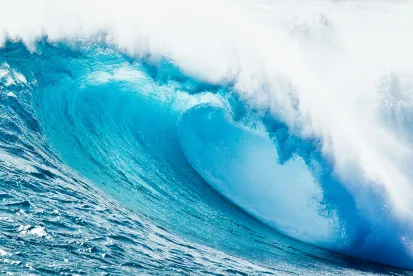Kudos to David Abel of the Boston Globe for a thorough and balanced report on the dire state of the coastal waters of Cape Cod and what might be done to improve it. The problem is that too much of the Cape uses septic systems to dispose of sanitary sewage. What percolates from those septic systems into the groundwater fertilizes algal blooms in Cape Cod's waters which are fatal to the eel grass that is essential to the survival of this important ecosystem. Experts estimate that 90 percent of the eel grass that was once found off the coast of Massachusetts is now gone. (A few weeks ago, Mr. Abel reported on what the loss of eel grass has meant to Nantucket scallops.)
What is the best end to this ecological crisis? The Executive Director of the Association to Preserve Cape Cod, quoted below, is absolutely correct that what would be best would be for the entire Cape to bring the way it collects and treats its sanitary sewage up to 21st century standards (meeting 20th century standards would also be a material improvement).
But whether the waters of Cape Cod and the things that live in them can wait is not at all certain. As Mr. Abel reports, Mr. Gottleib has been advocating central treatment for many years and no one can predict if and when he might be successful.
And citizen suits like those CLF has been bringing against those that are already treating their sanitary sewage to meet applicable state standards are also not going to help materially.
So it seems uncontroversial that emerging technologies like the one discussed in Mr. Abel's article are most certainly the next best thing.
"'My underlying concern is that these systems threaten to undermine the hard-fought public consensus on the need for central treatment and collection of waste water in significant areas that contribute to the degradation of the Cape,' said Andrew Gottlieb, executive director of the Association to Preserve Cape Cod, which has spent years advocating for reducing the pollution from septic systems."




 />i
/>i

